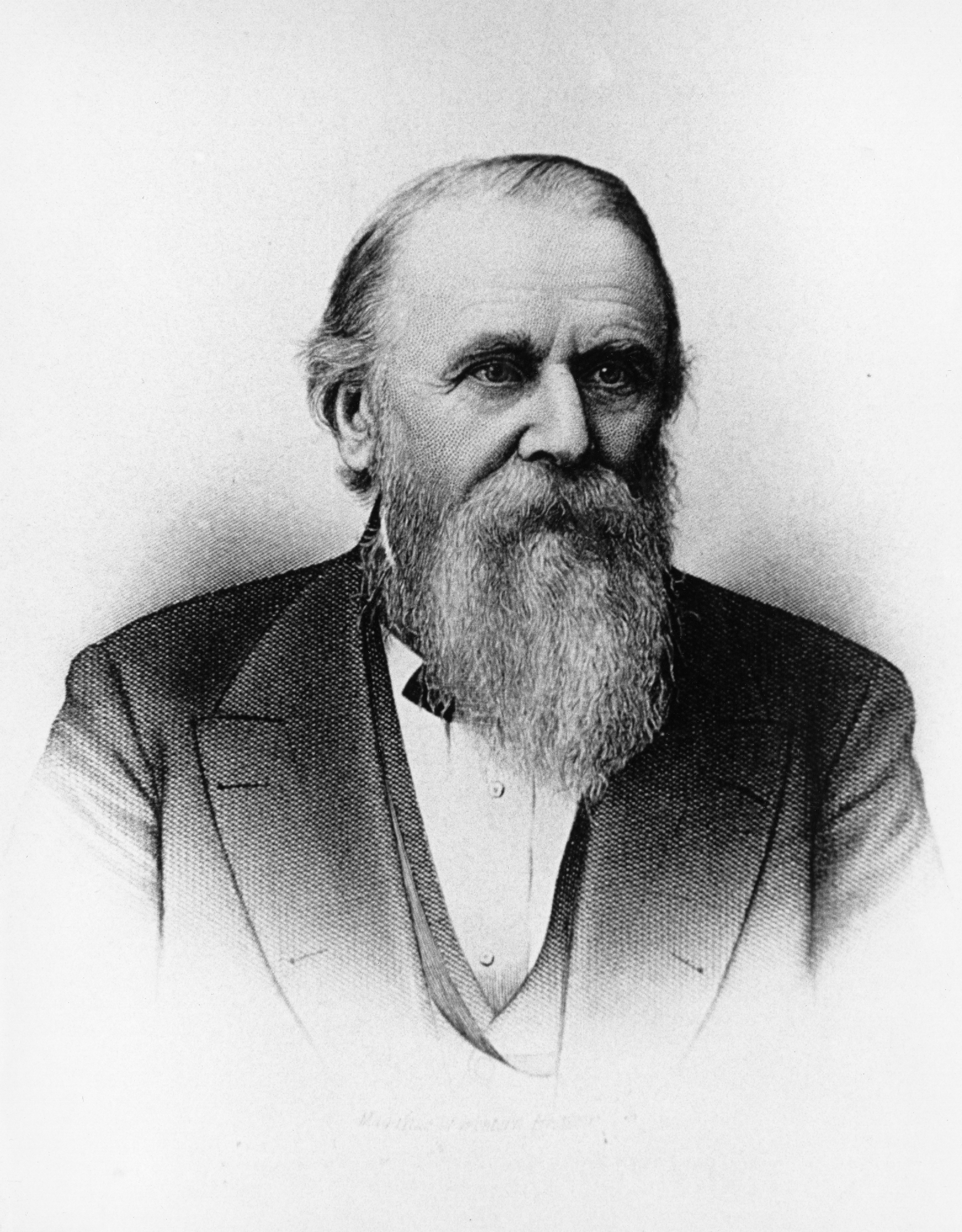
As the University of Denver marks its 150th anniversary, the school’s founder, John Evans, is getting a lot of attention. He became governor of the Colorado Territory in 1862 after being appointed by his close friend, President Abraham Lincoln. Mount Evans bears his name. So does Evans Avenue in Denver.
Evens even helped found another prominent educational institution, Northwestern University, in Illinois.
But none of these accomplishments are what Evans is being recalled for now. While he was governor, U.S. soldiers, led by Col. John Chivington, killed more than 160 Arapaho and Cheyenne Indians. Most of them were women and children. It’s considered one of the darkest chapters in Colorado history. There were several investigations into the Nov. 29, 1864, massacre, including one at the congressional level that declared that Chivington "surprised and murdered, in cold blood, the unsuspecting men, women, and children on Sand Creek."
As for Evans, he also held the position of Superintendent of Indian Affairs for the territory. Though he didn’t take part in the attack, did he create the climate that made it possible, perhaps even inevitable? If so, how should he be remembered at the University of Denver?
For the last year, a group of professors, students, and tribal representatives have been grappling with such questions. Their report, issued Monday, finds Evans had a “pattern of neglect of his treaty-making duties, his leadership failures, and his reckless decision-making,” which combine to demonstrate a “significant level of culpability for the Sand Creek Massacre.”
The report asserts that Evans’ culpability is “comparable in degree to that of Col. John Chivington.”
“Our hope,” says DU associate political science professor Nancy Wadsworth, who chaired the John Evans Study Committee, “is that this inquiry will generate courageous dialogue and engagement, and kind of change the way we memorialize this event in the state and the way we understand the culpability of … of a very prominent founder in the Colorado Territory.”
Northwestern University conducted its own report, which was released in May.








